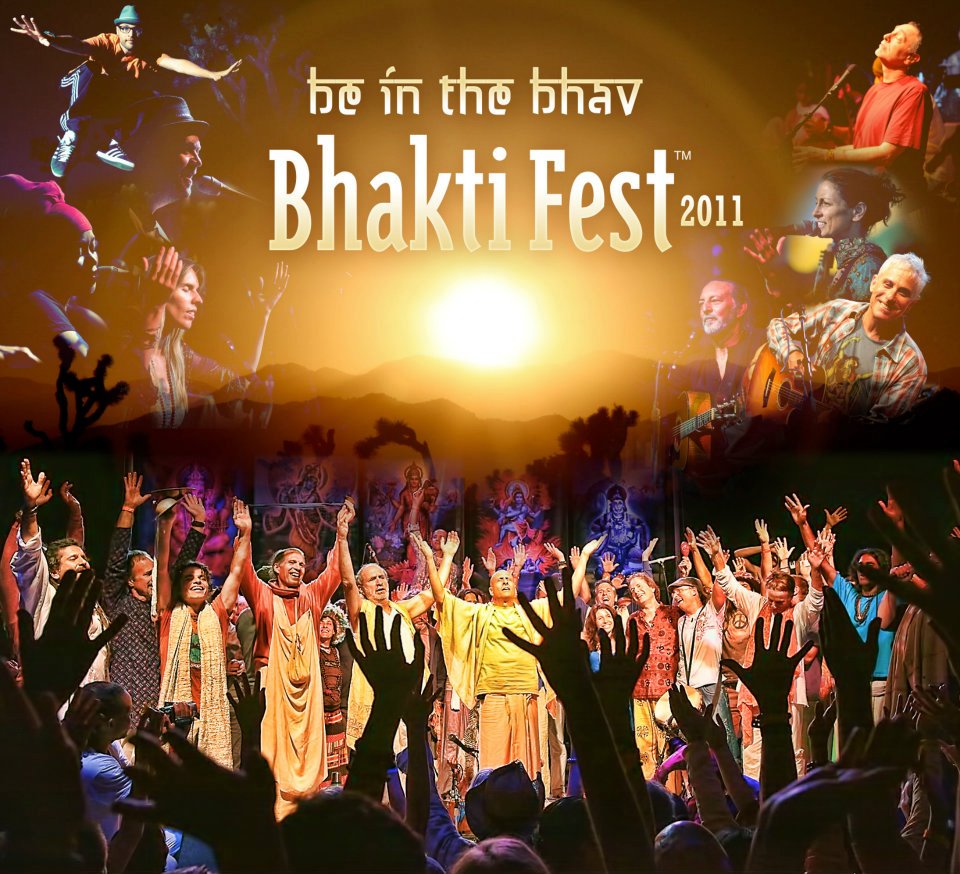You don’t need to be perfect
for you are perfect in God’s eyes
which become your eyes
when you see clearly
Author Archives: Dhanya
Perfect
You don’t need to be perfect,
For you are perfect in God’s eyes,
Which become your eyes
When you see clearly.
Life’s Goals
I flirted with Fame. After a couple of dates we called it off.
I courted Wealth. She told me, ”Better luck next time.”
Progeny left before we even got started.
Finally I found my true love, Satchitananda.
And we can never be parted.
The End of Becoming
Here is an essay I wrote on this topic some time back.
http://www.advaita.org.uk/discourses/durga/becoming_durga.htm
Whose Story are You Living?
There seem to be a lot of churches on Maui. The missionaries did a very thorough job here. As I drive around I often see a cryptic message posted on a sign board outside a church. Little sayings that I suppose are meant to bring one back into the fold.
When I see these messages I often try and look at them from the understanding I now have about the nature of reality and the way the world functions as a whole.
Here is one saying that I pass quite often posted outside a Baptist Church. “Whose story are you living, God’s or yours?
Continue reading
Belief versus Faith pending understanding
sraddha kidrsi? guruvedantavakyesu visvasaha sraddha
Of what nature is sraddha? Trust in the words of the teacher and Vedanta is sraddha.
Quoting from Swami Dayananda’s commentary on the above verse from Tattvabodha:
Visvasa is trust, faith, in the words of Vedanta, vedanta-vakyesu. What is that trust here? That they are a pramana, a means of knowledge. You give the status of pramana to the words of Vedanta. You do not look at them as theory, speculation or philosophy, but take them as words that are an independent means of knowledge. That is called visvasa.”
Dhanya’s thoughts:
This type of faith is considered to be one of the qualifications for the gain of self-knowledge. There is a beautiful saying in the Bhagavad Gita that Swamiji quotes a lot ‘shraddhavan labhate jnanam.’ (Chapter 4, verse 39). Continue reading
Ecstatic Spiritual Practices
 Who doesn’t like to get high? Let’s face it getting high is what we human beings live for. Getting high can also be called getting happy. Getting very, very, very happy. People pursue a high in all sorts of ways, from negative ways like drinking alhohol and taking drugs, to more positive ways like spiritual practices such as ecstatic chanting and dance.
Who doesn’t like to get high? Let’s face it getting high is what we human beings live for. Getting high can also be called getting happy. Getting very, very, very happy. People pursue a high in all sorts of ways, from negative ways like drinking alhohol and taking drugs, to more positive ways like spiritual practices such as ecstatic chanting and dance.
When we do spiritual practices like ecstatic chanting and dance we feel we are entering another ‘zone,’ a place that is not available to us in ordinary life. We may feel we are progressing on the spiritual path. We may even assume that the goal of spiritual life is to always feel as high, or even higher, than when we do when we engage in ecstatic practices. Continue reading
All One
 When you have a dream at night, the dream comes from you, is sustained by you, and resolves into you; and yet when you wake up in the morning, nothing has happened to you.
When you have a dream at night, the dream comes from you, is sustained by you, and resolves into you; and yet when you wake up in the morning, nothing has happened to you.
Your being was the very being of the dream. The material of the dream was your being. Even the intelligence was your intelligence. Continue reading
If You Doubt You’re Out
More than 30 years ago I spent a brief time in a spiritual scene which had all the hallmarks of a cult. The leader famously used to say, “If you doubt you’re out.” What that statement meant was that if you voiced a doubt about the many questionable things that were going on, you would be forced to leave.
‘If you doubt you’re out’ is a kind of interesting statement in my opinion; and from the point of view of trying to understand that nature of reality the statement itself might be interpreted in different ways. Continue reading
The Ego
The following was written in reply to a correspondent of mine who observed that people often act from ‘a basic egoic condition.’
Although some people may occasionally criticize others for acting from ‘the basic human egoic condition.’ I think it’s important to understand that the ego–at least according to the teachings of Vedanta–isn’t a bad thing to have.
The basic human egoic condition in Vedanta is known as ‘self-ignorance,’ or in Sanskrit ‘ajnanam.’
It’s important to note that self-ignorance is considered to be a condition of birth and not the fault of anyone who has it. Everyone, every single living being has self-ignorance, or that being wouldn’t have been born in the first place. The only living beings that don’t have self-ignorance are the ones who have self-knowledge. And these are considered to be quite rare individuals.
What is the definition of the ‘ego’ in Vedanta. First of all it is known in Sanskrit as the ‘ahankara,’ the aham ‘I,’ kara ‘maker.’ The ego, or ahankara, is considered to be a type of thought, which is the hallmark of self-ignorance. Continue reading
